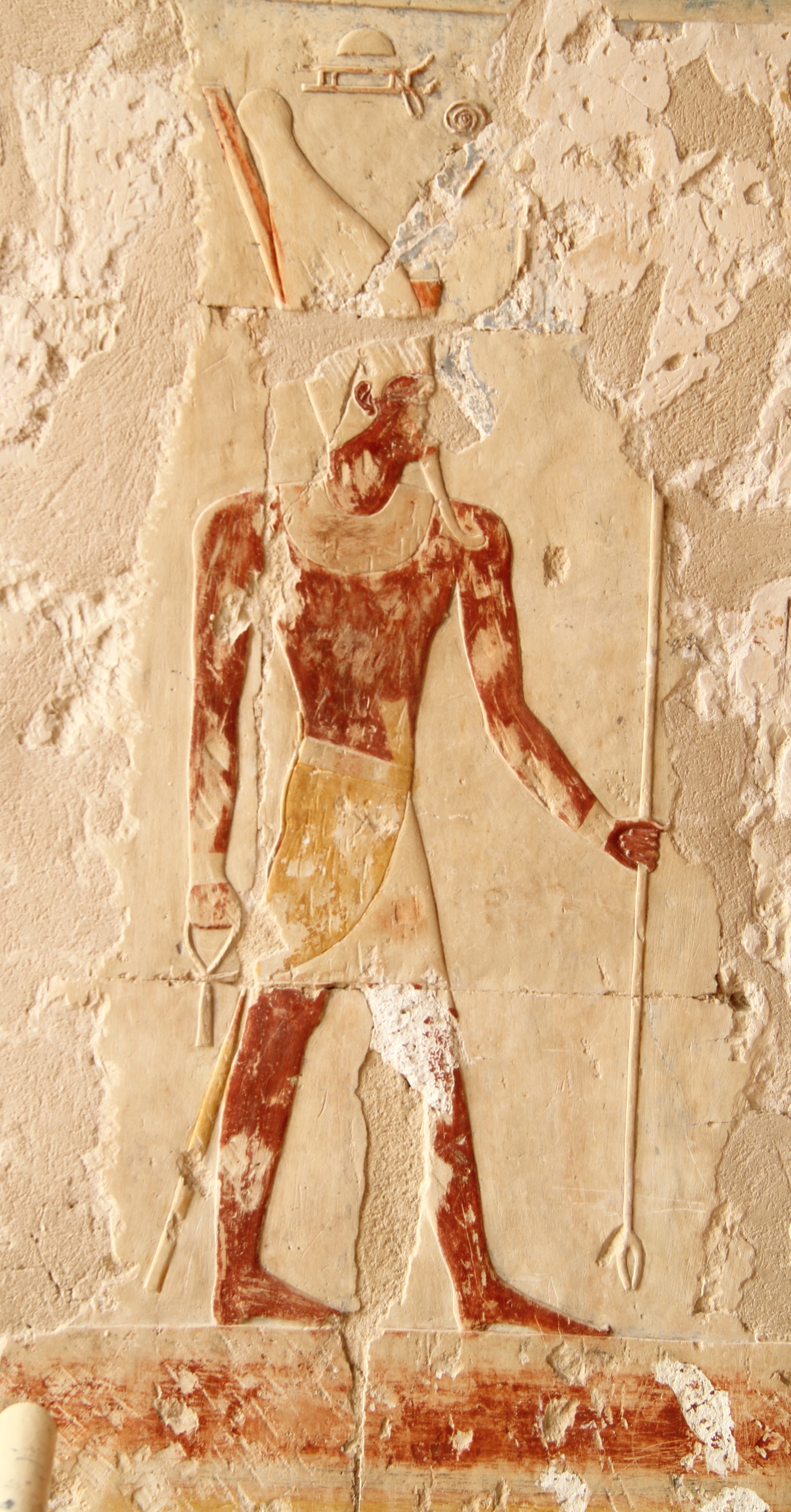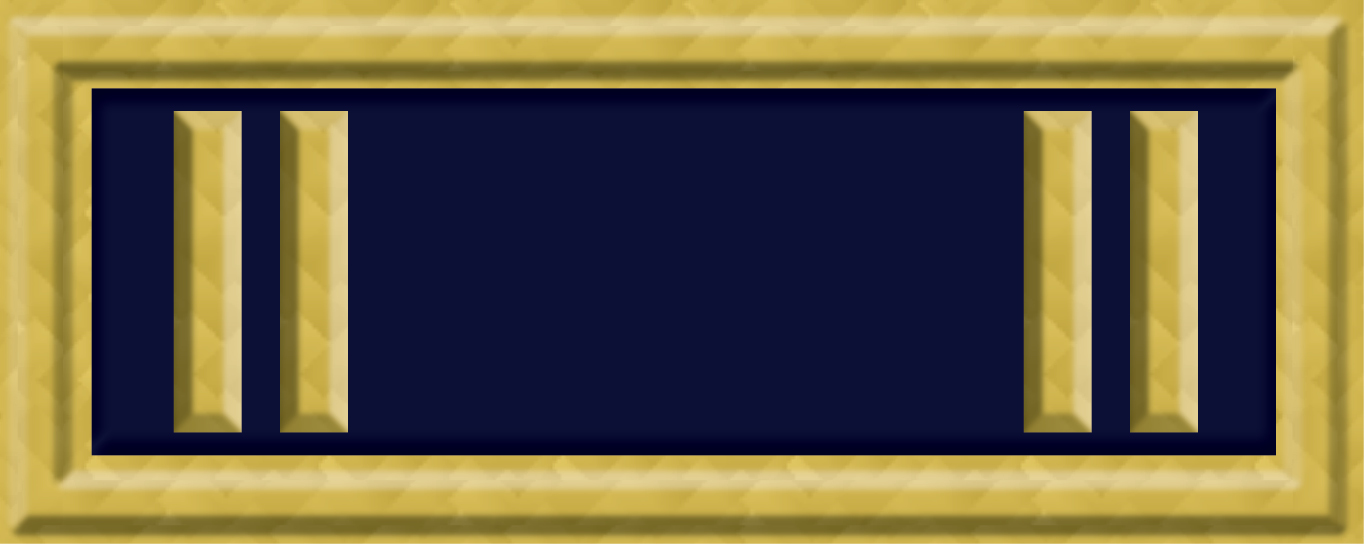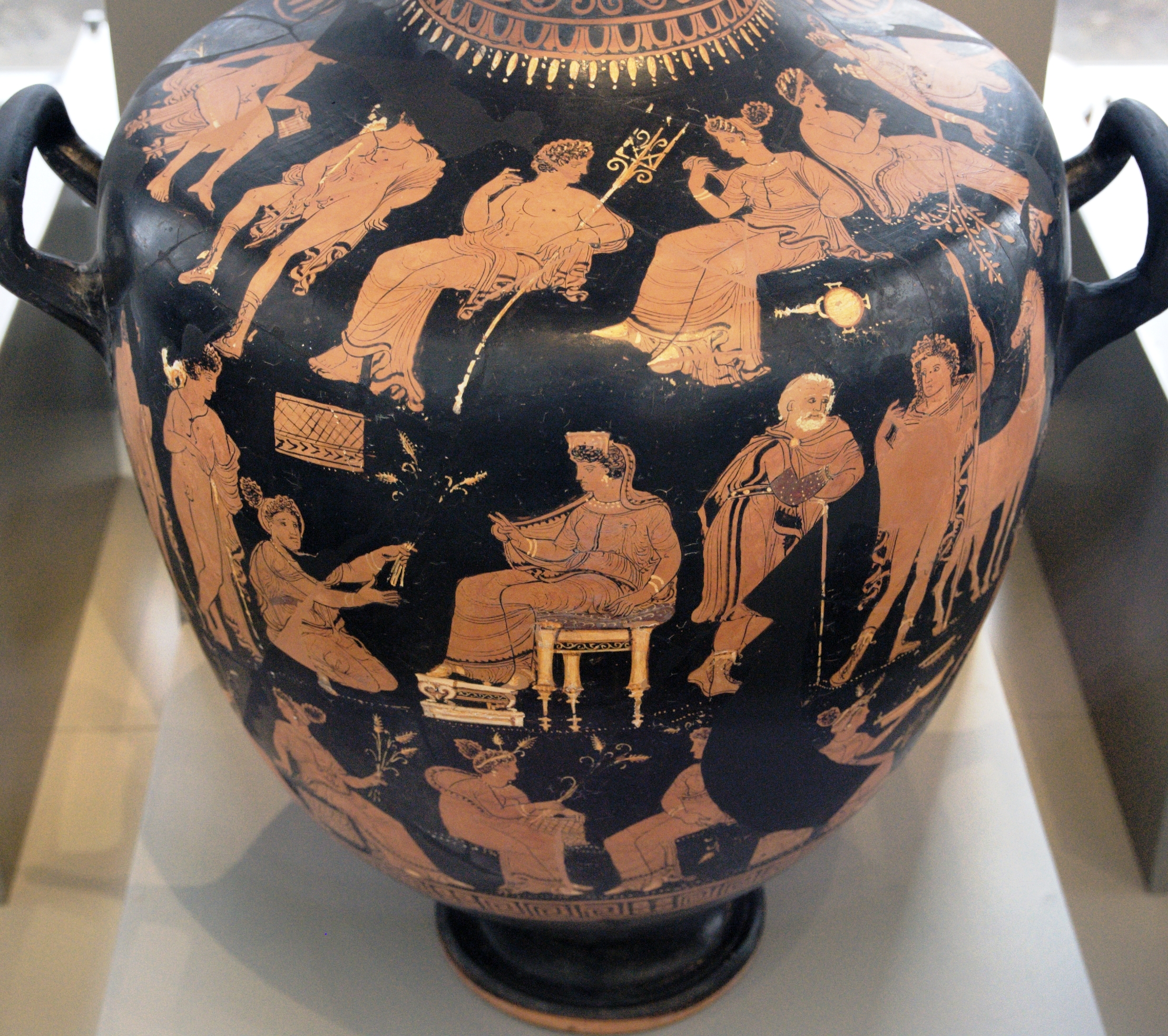|
George G.M. James
George Granville Monah James (November 9, 1893 – June 30, 1956) was a Guyanese Americans, Guyanese-American historian and author, known for his 1954 book ''Stolen Legacy'', which argues that Greek philosophy and Ancient Greek religion, religion originated in ancient Egypt. Biography James was born in Georgetown, Guyana. His parents were Reverend Linch B. and Margaret E. James. James earned bachelor's and master's degrees at Durham University in England and gained his doctorate at Columbia University in New York City, New York. He was Professor of Logic and Greek language, Greek at Livingstone College in Salisbury, North Carolina, before working at University of Arkansas at Pine Bluff, Arkansas AM&N College in Pine Bluff, Arkansas. James died two years after publishing ''Stolen Legacy'' in 1954.Gwinyai Muzorewa, "Stolen Legacy"; in Molefi Kete Asante & w:fr:Ama Mazama, Ama Mazama (eds), ''Encyclopedia of Black Studies''; Thousand Oaks: SAGE, 2005; p440 James was a freemason and was ... [...More Info...] [...Related Items...] OR: [Wikipedia] [Google] [Baidu] |
Guyanese Americans
Guyanese Americans are an ethnic group of Americans who can trace their ancestry back to Guyana. As of 2019, there are 231,649 Guyanese Americans currently living in the United States. The majority of Guyanese live in New York City – some 140,000 – making them the fifth-largest foreign-born population in the city. History After the independence of Guyana from the United Kingdom, in 1966, Guyanese immigration to the United States increased dramatically. Political and economic uncertainty, and the internal strife two years earlier as well as a radical change in US immigration policy opening up opportunities to non-Europeans prompted many Guyanese who could make the move to seek opportunities abroad. An average of 6,080 people a year emigrated from Guyana between 1969 and 1976, increasing to an average of 14,400 between 1976 and 1981. Many of the first Guyanese immigrants to the United States were of African descent. They were women who were recruited as domestic workers or nur ... [...More Info...] [...Related Items...] OR: [Wikipedia] [Google] [Baidu] |
Atum
Atum (, Egyptian: ''jtm(w)'' or ''tm(w)'', ''reconstructed'' ; Coptic ''Atoum''), sometimes rendered as Atem or Tem, is an important deity in Egyptian mythology. Name Atum's name is thought to be derived from the verb ''tm'' which means 'to complete' or 'to finish'. Thus, he has been interpreted as being the "complete one" and also the finisher of the world, which he returns to watery chaos at the end of the creative cycle. As creator, he was seen as the progenitor of the world, the deities and universe having received his vital force or ka. Origins Atum is one of the most important and frequently mentioned deities from earliest times, as evidenced by his prominence in the Pyramid Texts, where he is portrayed as both a creator and father to the king. Several writings contradict how Atum was brought into existence. Some state Atum was created by himself by saying his name, while others argue he came out from a blue lotus flower or an egg. Role In the Heliopolitan creation myt ... [...More Info...] [...Related Items...] OR: [Wikipedia] [Google] [Baidu] |
Atom
Every atom is composed of a nucleus and one or more electrons bound to the nucleus. The nucleus is made of one or more protons and a number of neutrons. Only the most common variety of hydrogen has no neutrons. Every solid, liquid, gas, and plasma is composed of neutral or ionized atoms. Atoms are extremely small, typically around 100 picometers across. They are so small that accurately predicting their behavior using classical physics, as if they were tennis balls for example, is not possible due to quantum effects. More than 99.94% of an atom's mass is in the nucleus. The protons have a positive electric charge, the electrons have a negative electric charge, and the neutrons have no electric charge. If the number of protons and electrons are equal, then the atom is electrically neutral. If an atom has more or fewer electrons than protons, then it has an overall negative or positive charge, respectively – such atoms are called ions. The electrons of an atom are a ... [...More Info...] [...Related Items...] OR: [Wikipedia] [Google] [Baidu] |
Plato
Plato ( ; grc-gre, Πλάτων ; 428/427 or 424/423 – 348/347 BC) was a Greek philosopher born in Athens during the Classical period in Ancient Greece. He founded the Platonist school of thought and the Academy, the first institution of higher learning on the European continent. Along with his teacher, Socrates, and his student, Aristotle, Plato is a central figure in the history of Ancient Greek philosophy and the Western and Middle Eastern philosophies descended from it. He has also shaped religion and spirituality. The so-called neoplatonism of his interpreter Plotinus greatly influenced both Christianity (through Church Fathers such as Augustine) and Islamic philosophy (through e.g. Al-Farabi). In modern times, Friedrich Nietzsche diagnosed Western culture as growing in the shadow of Plato (famously calling Christianity "Platonism for the masses"), while Alfred North Whitehead famously said: "the safest general characterization of the European philosophical tra ... [...More Info...] [...Related Items...] OR: [Wikipedia] [Google] [Baidu] |
Pythagoras
Pythagoras of Samos ( grc, Πυθαγόρας ὁ Σάμιος, Pythagóras ho Sámios, Pythagoras the Samos, Samian, or simply ; in Ionian Greek; ) was an ancient Ionians, Ionian Ancient Greek philosophy, Greek philosopher and the eponymous founder of Pythagoreanism. His political and religious teachings were well known in Magna Graecia and influenced the philosophies of Plato, Aristotle, and, through them, the Western philosophy, West in general. Knowledge of his life is clouded by legend, but he appears to have been the son of Mnesarchus, a gem-engraver on the island of Samos. Modern scholars disagree regarding Pythagoras's education and influences, but they do agree that, around 530 BC, he travelled to Crotone, Croton in southern Italy, where he founded a school in which initiates were sworn to secrecy and lived a communal, asceticism, ascetic lifestyle. This lifestyle entailed a number of dietary prohibitions, traditionally said to have included vegetarianism, although m ... [...More Info...] [...Related Items...] OR: [Wikipedia] [Google] [Baidu] |
Herodotus
Herodotus ( ; grc, , }; BC) was an ancient Greek historian and geographer from the Greek city of Halicarnassus, part of the Persian Empire (now Bodrum, Turkey) and a later citizen of Thurii in modern Calabria ( Italy). He is known for having written the '' Histories'' – a detailed account of the Greco-Persian Wars. Herodotus was the first writer to perform systematic investigation of historical events. He is referred to as " The Father of History", a title conferred on him by the ancient Roman orator Cicero. The ''Histories'' primarily cover the lives of prominent kings and famous battles such as Marathon, Thermopylae, Artemisium, Salamis, Plataea, and Mycale. His work deviates from the main topics to provide a cultural, ethnographical, geographical, and historiographical background that forms an essential part of the narrative and provides readers with a wellspring of additional information. Herodotus has been criticized for his inclusion of "legends and f ... [...More Info...] [...Related Items...] OR: [Wikipedia] [Google] [Baidu] |
Albert Pike
Albert Pike (December 29, 1809April 2, 1891) was an American author, poet, orator, editor, lawyer, jurist and Confederate general who served as an associate justice of the Arkansas Supreme Court in exile from 1864 to 1865. He had previously served as a senior officer of the Confederate States Army, commanding the District of Indian Territory in the Trans-Mississippi Theater. A prominent member of the Freemasons, Pike served as the Sovereign Grand Commander of the Supreme Council, Scottish Rite (Southern Jurisdiction, USA) from 1859 to 1889. Early life and education Albert Pike was born in Boston, Massachusetts, on December 29, 1809, the son of Benjamin and Sarah (Andrews) Pike, and spent his childhood in Byfield and Newburyport, Massachusetts. His colonial ancestors settled the area in 1635, and included John Pike (1613–1688/1689), the founder of Woodbridge, New Jersey. He attended school in Newburyport and Framingham until he was 15. In August 1825, he passed entrance ex ... [...More Info...] [...Related Items...] OR: [Wikipedia] [Google] [Baidu] |
Morals And Dogma Of The Ancient And Accepted Scottish Rite Of Freemasonry
''Morals and Dogma of the Ancient and Accepted Scottish Rite of Freemasonry'', or simply ''Morals and Dogma'', is a book of esoteric philosophy published by the Supreme Council, Thirty Third Degree, of the Scottish Rite, Southern Jurisdiction of the United States. It was compiled by Albert Pike, was first published in 1871 and was regularly reprinted thereafter until 1969. An upgraded official reprint was released in 2011, with the benefit of annotations by Arturo de Hoyos, the Scottish Rite's Grand Archivist and Grand Historian. Contents ''Morals and Dogma'' has been described as "a collection of thirty-two essays which provide a philosophical rationale for the degrees of the Ancient and Accepted Scottish Rite. The lectures provided a backdrop for the degrees by giving lessons in comparative religion, history and philosophy". The original printing had 861 pages of text, while a 218-page ''Digest-Index'' was added by Trevanion W. Hugo, 33°, G∴C∴, in 1909. Its thirty-two ... [...More Info...] [...Related Items...] OR: [Wikipedia] [Google] [Baidu] |
Charles H
Charles is a masculine given name predominantly found in English and French speaking countries. It is from the French form ''Charles'' of the Proto-Germanic name (in runic alphabet) or ''*karilaz'' (in Latin alphabet), whose meaning was "free man". The Old English descendant of this word was '' Ċearl'' or ''Ċeorl'', as the name of King Cearl of Mercia, that disappeared after the Norman conquest of England. The name was notably borne by Charlemagne (Charles the Great), and was at the time Latinized as ''Karolus'' (as in ''Vita Karoli Magni''), later also as '' Carolus''. Some Germanic languages, for example Dutch and German, have retained the word in two separate senses. In the particular case of Dutch, ''Karel'' refers to the given name, whereas the noun ''kerel'' means "a bloke, fellow, man". Etymology The name's etymology is a Common Germanic noun ''*karilaz'' meaning "free man", which survives in English as churl (< Old English ''ċeorl''), which developed its de ... [...More Info...] [...Related Items...] OR: [Wikipedia] [Google] [Baidu] |
Greco-Roman Mysteries
Mystery religions, mystery cults, sacred mysteries or simply mysteries, were religious schools of the Greco-Roman world for which participation was reserved to initiates ''(mystai)''. The main characterization of this religion is the secrecy associated with the particulars of the initiation and the ritual practice, which may not be revealed to outsiders. The most famous mysteries of Greco-Roman antiquity were the Eleusinian Mysteries, which predated the Greek Dark Ages. The mystery schools flourished in Late Antiquity; Julian the Apostate in the mid 4th century is known to have been initiated into three distinct mystery schools—most notably the mithraists. Due to the secret nature of the school, and because the mystery religions of Late Antiquity were persecuted by the Christian Roman Empire from the 4th century, the details of these religious practices are derived from descriptions, imagery and cross-cultural studies. Much information on the Mysteries come from Marcus Terent ... [...More Info...] [...Related Items...] OR: [Wikipedia] [Google] [Baidu] |
Freemasonry
Freemasonry or Masonry refers to fraternal organisations that trace their origins to the local guilds of stonemasons that, from the end of the 13th century, regulated the qualifications of stonemasons and their interaction with authorities and clients. Modern Freemasonry broadly consists of two main recognition groups: * Regular Freemasonry insists that a volume of scripture be open in a working lodge, that every member profess belief in a Supreme Being, that no women be admitted, and that the discussion of religion and politics be banned. * Continental Freemasonry consists of the jurisdictions that have removed some, or all, of these restrictions. The basic, local organisational unit of Freemasonry is the Lodge. These private Lodges are usually supervised at the regional level (usually coterminous with a state, province, or national border) by a Grand Lodge or Grand Orient. There is no international, worldwide Grand Lodge that supervises all of Freemasonry; each Grand Lod ... [...More Info...] [...Related Items...] OR: [Wikipedia] [Google] [Baidu] |






